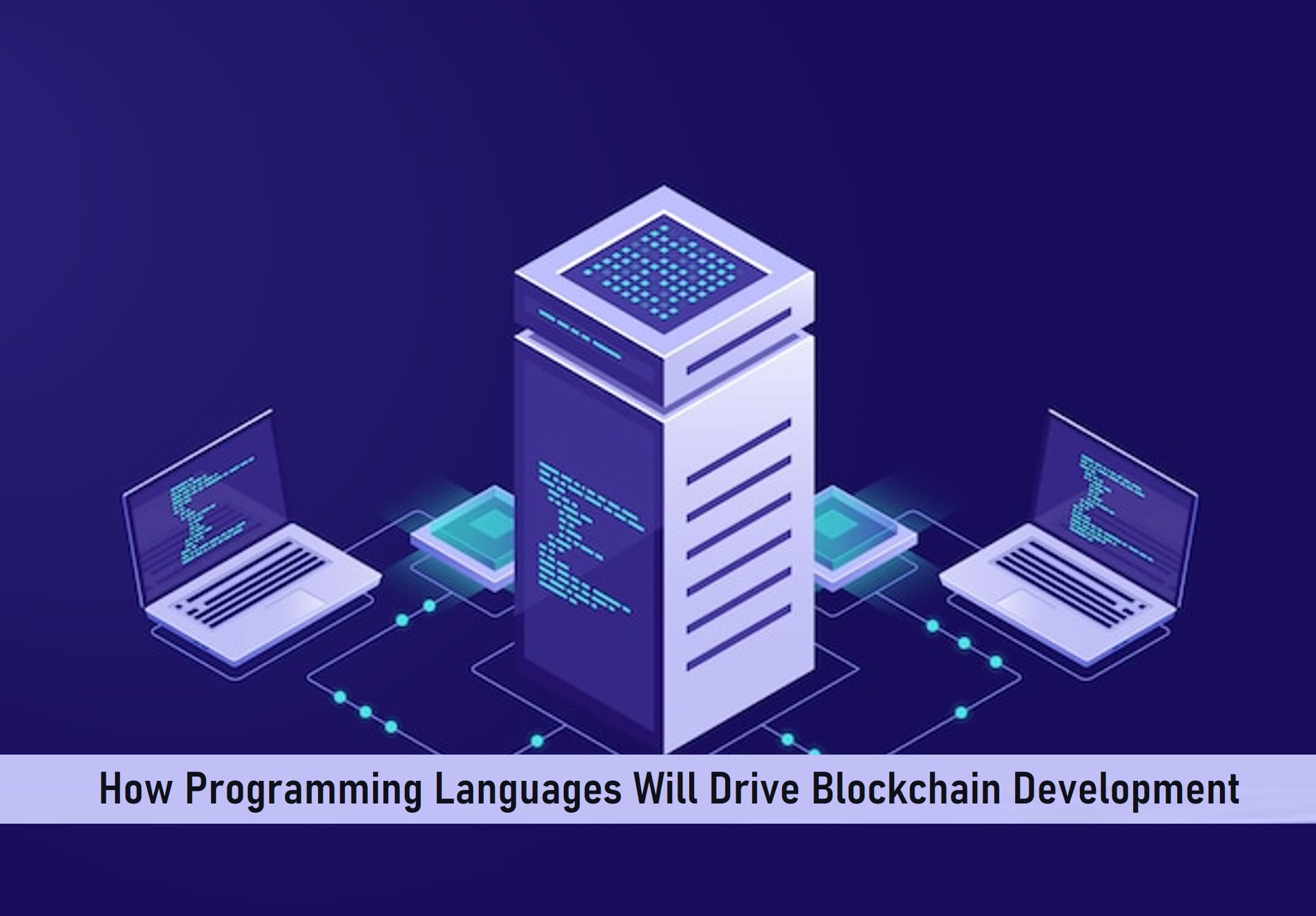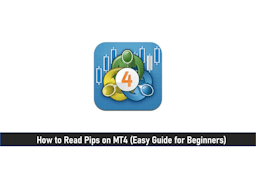
The future depicts that the best is yet to come. It demands more and more innovation. Today technology has simplified work, streamlined healthy schedules, enhanced home businesses, coordinated activities, and many more things. However, people are still scared of identity theft, the arrival of predators in their businesses, and other issues that technology can lead to.
This is where Blockchain and cryptography come into demand. The world is being led by these two terms, which have become the new needs in the current scenario and the future.
The demand for blockchain engineers has grown, which has opened several blockchain engineering jobs and bitcoin jobs. That’s why it has become necessary for developers to know how all the future programming languages will be driven by blockchain developing languages.
Key Takeaways
• The demand for blockchain engineers and their salaries has been on the rise since 2014.
• More software developers have begun to pursue blockchain programming careers in recent times.
• With the creation of new crypto projects, the need for more programmers has continued to increase.
SEE ALSO: The Role of JavaScript In The Ethereum World
SEE ALSO: Amazing Blockchain Developer Salaries Around the World
SEE ALSO: 6 Best Blockchain Certification Training Right Now
Development of Blockchain Technology.
–Now comes the development of Blockchain technology and the programming languages used to build it. As of now, many languages are highly helpful in developing a blockchain platform with utmost ease and smoothness.
–However, developers tend to have more innovative ideas of adapting a new programming language which they can elaborate on existing languages. They have to be extremely careful while working on the codes as they will be responsible for the proper functionality of the blocks.
Also, it is related to people’s money, for which the creators should develop highly efficient codes.
–At the start, developers used to have low-level and simple code languages for building blockchain with basic functionalities. However, with time, many cryptocurrency projects faced havoc which led developers to opt for more advanced and high-level languages which possess more safety features.
Let us first see the basic and advanced languages behind the development of blockchain.
Mutan
Mutan is one of the basic languages which was used for Ethereum. It was designed after the language Go, as mentioned in many blockchain books.
Serpent
Another original language used for Ethereum is Serpent. It was a low-level language designed with an assembly-type sequence of operands.
LLL
–LLL is a low-level ‘Lisp-like language.’ It is so-called as it offers a slim wrapper of filled parentheses, a kind of lisp-like code. This code was used to cover the basic assembly instructions which needed to be run on the Virtual Machine of Ethereum.
–This language is still very popular among developers. Its popularity is that it allows developers to access all the memory locations at the lowest of levels.
Vyper
Vyper was again a low-level language used for the development of Ethereum. It was also called Pythonic as its syntax was very familiar with the Python language.
Obsidian
–Obsidian is, however, considered a newer language for the construction of Ethereum.
–It allows the code to be written by mentioning states specifically and the transitions in them.
As one of its features, the programmers have also included a linear type system, which helps the compiler prevent any kind of bugs from occurring due to typos.
–However, it is still considered an underdeveloped language and needs many alterations.
Simplicity
As the name suggests, the language was also very simple. It was designed with a very easy syntax which was simply used to verify and determine the genuine of a software formally.
WASM
To elaborate, WASM stands for WebAssembly. It has a simplified state machine. It was designed to increase the pace by which the web works. It has an easy pre-compiled code that intends to be an alternative for JavaScript on web pages.
Solidity
–Solidity is a standard language for the development of blockchain.
–It is often contemplated as a complete Turing language. This means that developers can write anything here, whatever they create in any other main language.
–It has so many functionalities that resemble JavaScript, Java, and C.
–Its functionalities include objects, functions, curly brackets, inheritance, etc.
Rholang
–Rholang is typically designed as a message-passing language.
–It helps in making the contract flow standardized.
–Developers use Rholang in the development of smart contracts for RChain cooperatives.
JavaScript
–JavaScript is a versatile language, even in the case of blockchain development.
It encompasses various writing tools that help translate the smart contracts’ state into a much more understandable website. It also helps in tracking contracts.
–We know that Web3 is a collection of JavaScript objects. This can be used for smooth interaction with the blockchain and tracking contracts.
–Due to its versatility, various blockchains are built upon Node.js, developed on the JavaScript engine Google Chrome and serve as a server-side platform.
C#
C# or C Sharp supports blockchain. Many smart contracts have been written in C#, then wrapped with a web-based front end.
SQL
Some smart contracts can be framed using easily understandable queries that can be run across several relational database tables. The Aergo platform is much dependent on the SQL language for its queries and other protocols.
Python
–Python is undoubtedly a very user-friendly programming language. The simplicity of the python language fosters developers to go with it.
–It prompts the quick design of codes and leads to various innovative ideas to create new and smart contracts.
–It provides open-source support, which gives developers access to a variety of tools that further helps in troubleshooting.
Java
–Java is an object-oriented programming language. Its mobility and robustness prompt it to be highly beneficial in developing blockchain.
–The Java Virtual Machine(JVM) of Java provides several tools that help programmers a lot in blockchain development.
–Using Java, developers can manage several users of a blockchain network simultaneously as it does not get limited by the device design.
C++
–Talking C++ is a foundation programming language for the development of Bitcoin.
–It is also an object-oriented programming language which makes it useful in blockchain development.
–It can combine data chunks, permits developers to manage resources with full efficiency, processes fast interactions, carefully monitor memory, and much more.
Indeed, the future of programming languages is seriously being driven by blockchain developing languages because it’s the new want of this generation and will enhance in the future.
_________________________
Read More



